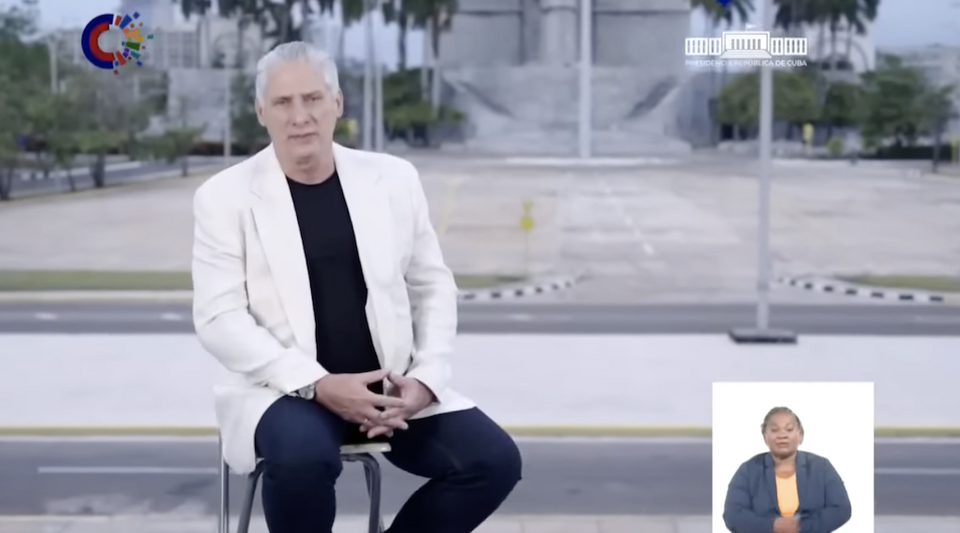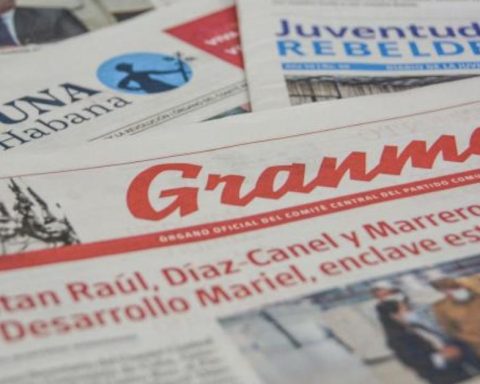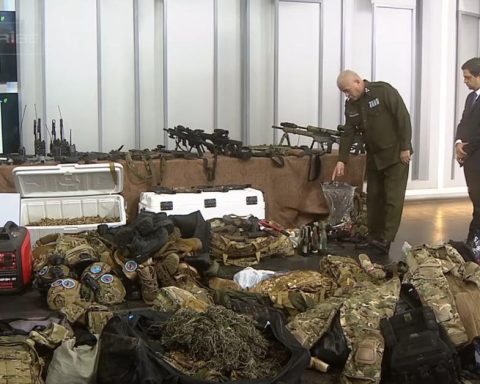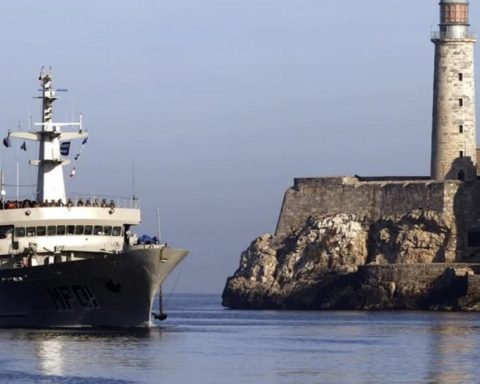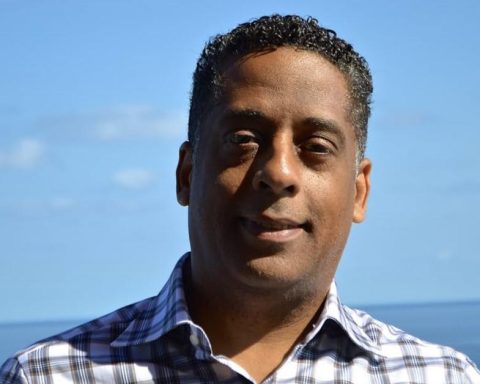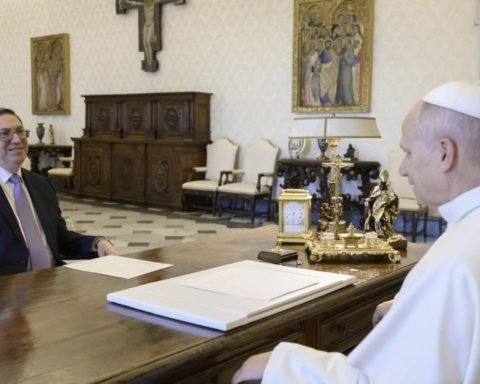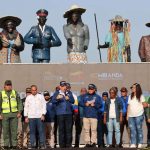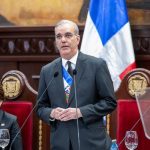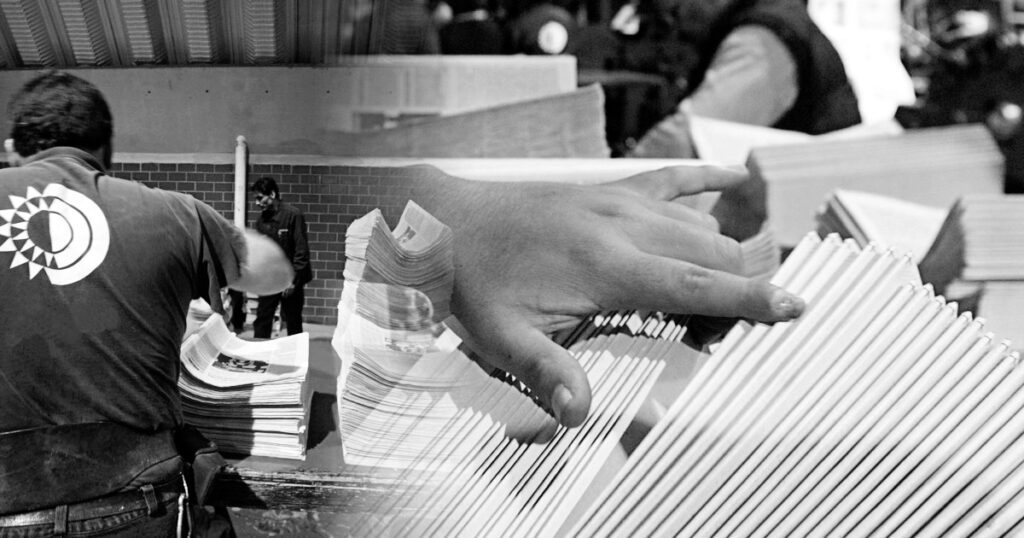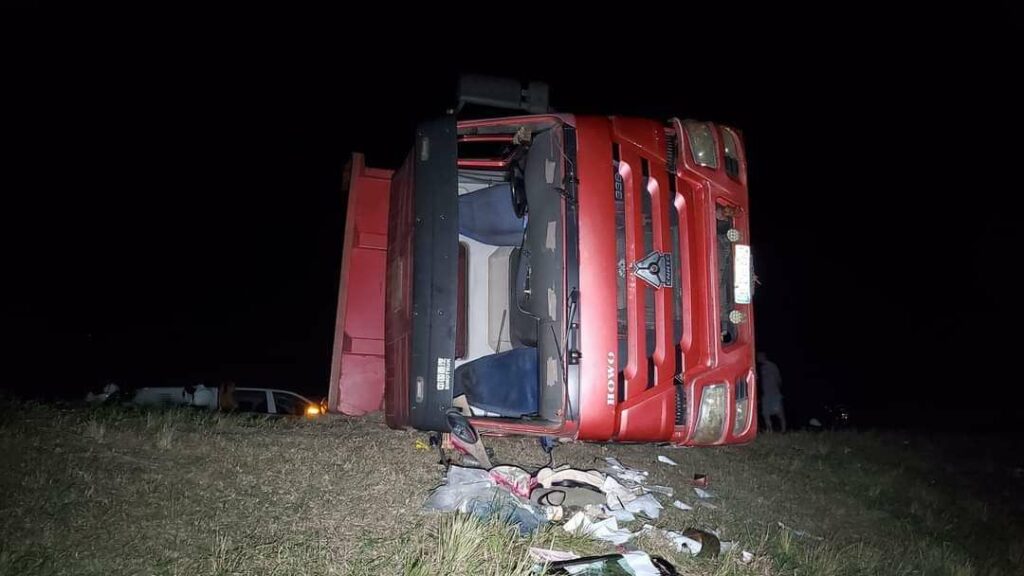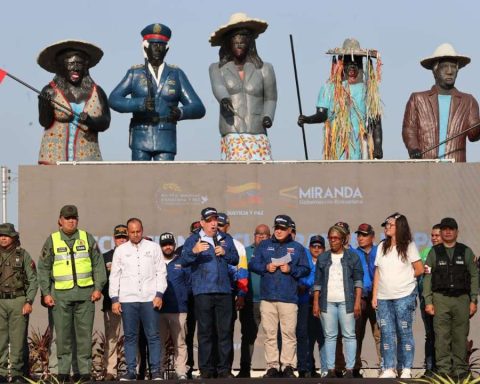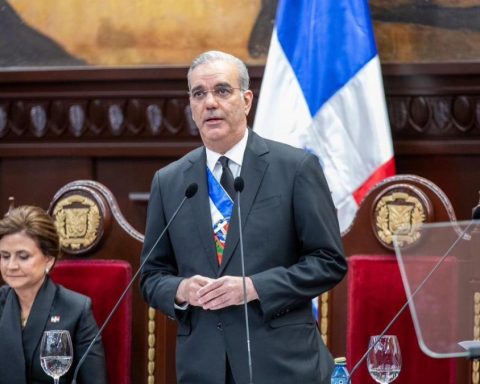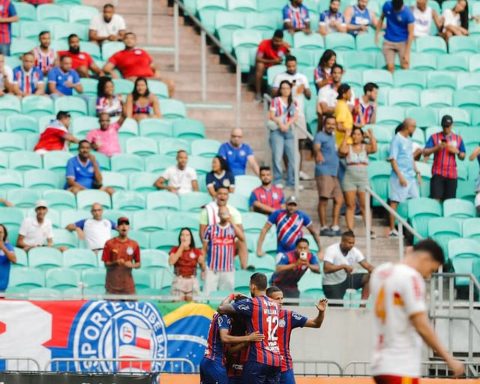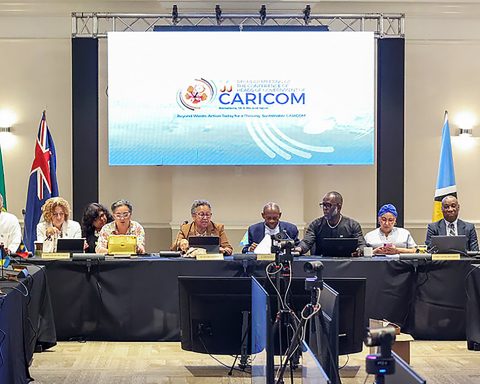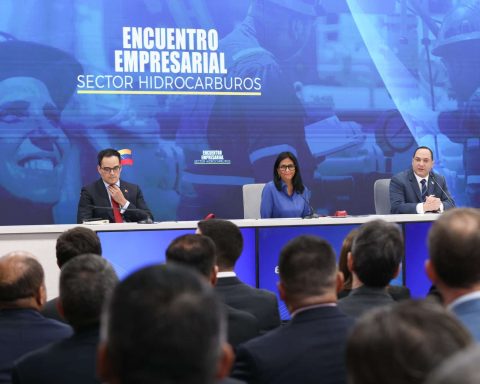The pandemic has left some good news: the time for big events to commemorate January 1 seems to have passed. In Santiago de Cuba, some white flowers in front of the monolith that houses the ashes of Fidel Castro deposited by members of the Armed Forces and leaders of the Communist Party in the province were the only sign that it was 64 years since the triumph of the Revolution.
There was little to celebrate and that was not only noted in the lack of festivities, reduced to such a minimum that even the traditional and large fireworks launched from La Cabaña, in Havana, to receive the new year were reduced to a few cannon shots, but also in the end-of-year message broadcast through the official channels of the Presidency and the regime’s press.
Miguel Díaz-Canel tried to offer a discourse far removed from traditional aesthetics, but the form could not rescue a background as pessimistic as a black hole. The president broke with the usual format, the message written and published on the front page of Granma that Fidel Castro gave for decades and in the following years his brother and successor Raúl has been progressively replaced since the current president took office.
Previously, Díaz-Canel had used social networks and then read the message in front of the camera, from his office and under the watchful eye of a photo (behind his back) of the leader of the Revolution. But this year he has taken a further leap with the video released on December 31.
On this occasion, the ruler wears a black pullover, ‘jeans’ and a white jacket, visibly marking his distance with the military uniforms that characterized the acts of these festivities
With a production in which the close-ups underline the personalism of the president, Díaz-Canel addresses the Cubans in a message of just one minute and 36 seconds from the Plaza de la Revolución and with piano music in the background, to affirm that, if 2022 was bad, 2023 could be worse.
On this occasion, the ruler wears a black pullover, jeans and white jacket, visibly marking their distance with the military uniforms that characterized the acts of these festivities and also distancing of himself in his message last year, when he wore a classic blue jacket suit and a shirt of the same tone but in its lighter version.
There are close-ups of her hands, holding a tablets as a nod to modernity, Díaz-Canel –heavily made up– looking into infinity, chatting with an official journalist and sitting on a high bench at the foot of the monument to José Martí before starting with a gloomy message.
“As we push the door of 2023 we feel deep within the strength of the historical legacy that propels us into the new year without fear and without doubt but always aware that it could be even more difficult.”
“As we push the door of 2023, we feel deep within the strength of the historical legacy that propels us into the new year without fear and without doubt, but always aware that it could be even more difficult”
In line with his recent speech before the Council of Ministers, the president repeated that all his hopes are based on the effort of the population. “We are summoned by the certainty that the creativity of our people is infinite and that we did not get here by going backwards, we got here by ascending. Everything we resist and create in the most challenging year is proof that it can be done. One and again you can.”
After insisting that “passion” and “the desire to continue winning the impossible” must be put forth, the ruler calls for “sacred duty” and “hope” to face a year in which, from the outset, he already has at least a quarter than a million fewer citizens, who have fled the country to seek a better life in the United States.
In his words there only seems to be a certain respite for his supporters – “At the gates of that most challenging year, and therefore, more attractive for everyone who feels revolutionary” – but there is an abyss with those of last year, when he dreamed with a 2022 recovery and, who knows, relief from the embargo, despite the fact that he said that nothing made him think so.
“I want to send a hug to all of you, inviting you to undertake the path of the New Year together, with optimism and joy,” he said last year, when he again asked for the effort of all Cubans. “Let’s make even the impossible possible,” he said before mentioning Raúl Castro and the “Hasta la victoria siempre” from whom he wanted to distance himself this year.
The first year received by Díaz-Canel as president was greeted with a 2019 will be a year for joy, pride, commitment and to continue doing for Cuba. Assuming that 2023 does not promise so much is the first step towards acknowledging another failure for the coming months.
________________________
Collaborate with our work:
The team of 14ymedio He is committed to doing serious journalism that reflects the reality of deep Cuba. Thank you for accompanying us on this long road. We invite you to continue supporting us, but this time becoming a member of our newspaper. Together we can continue transforming journalism in Cuba.
